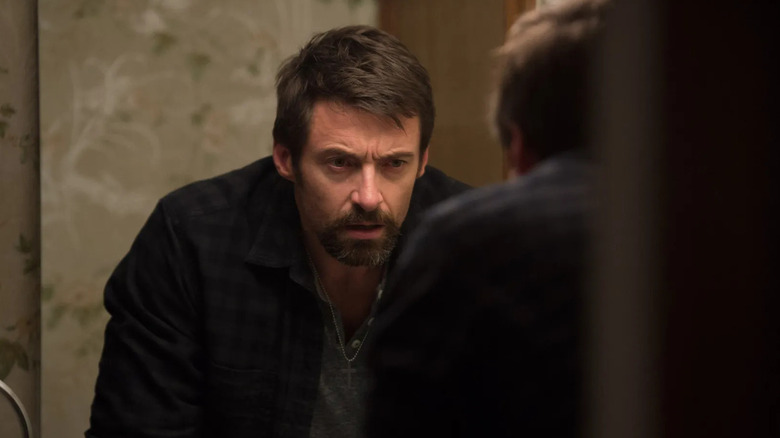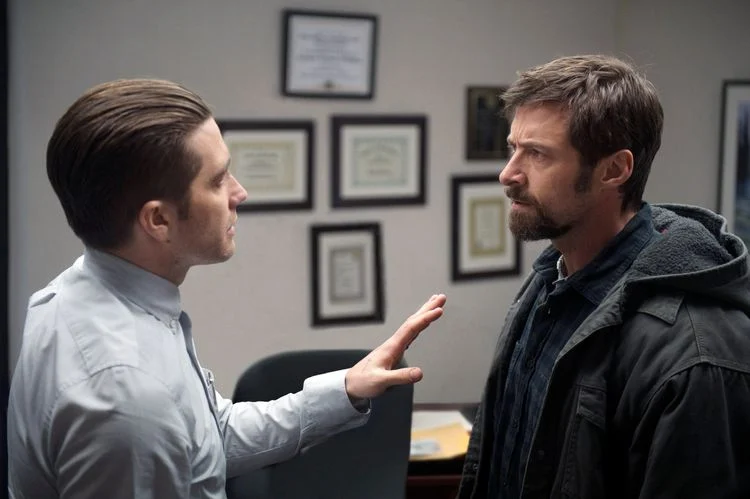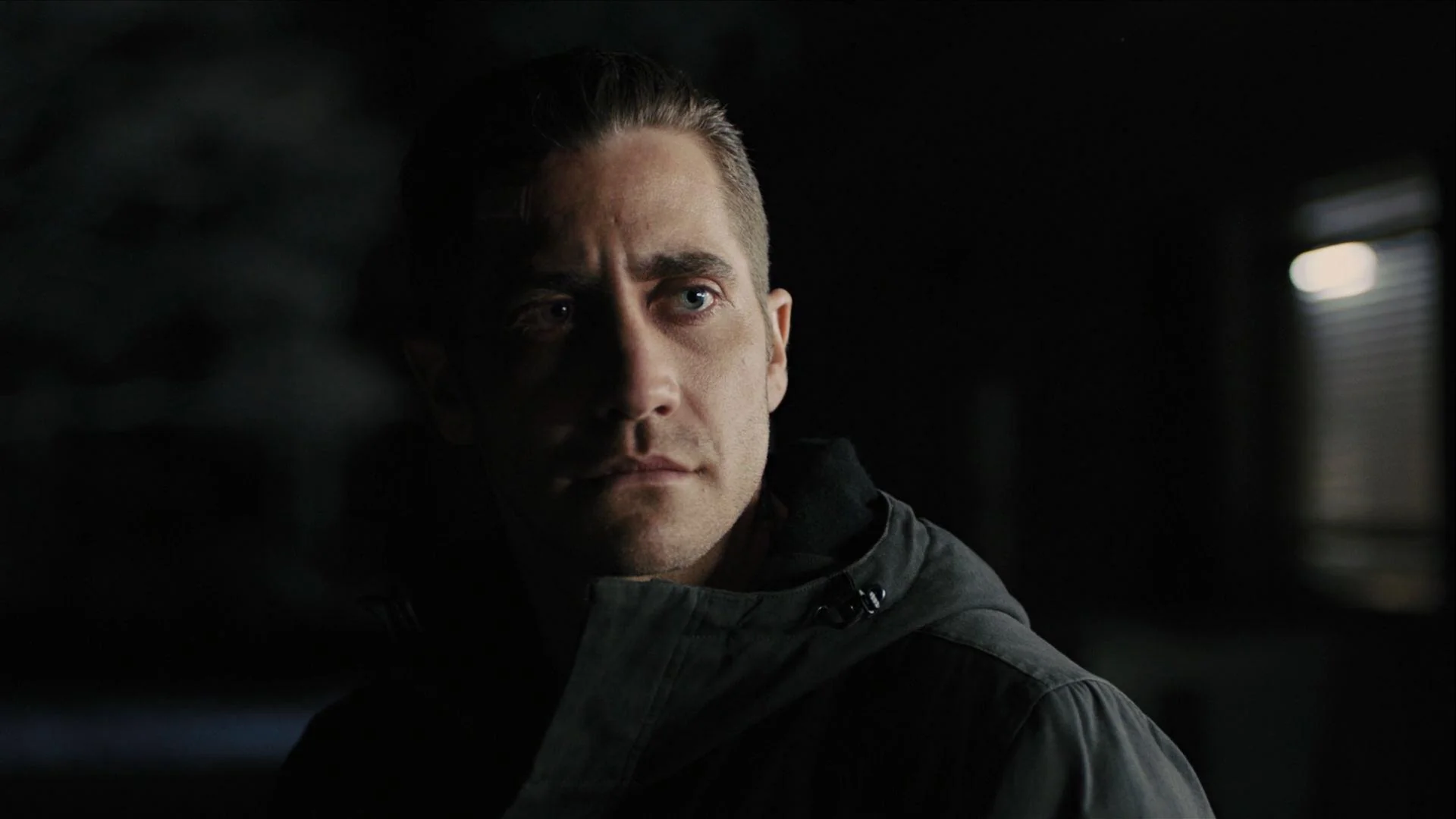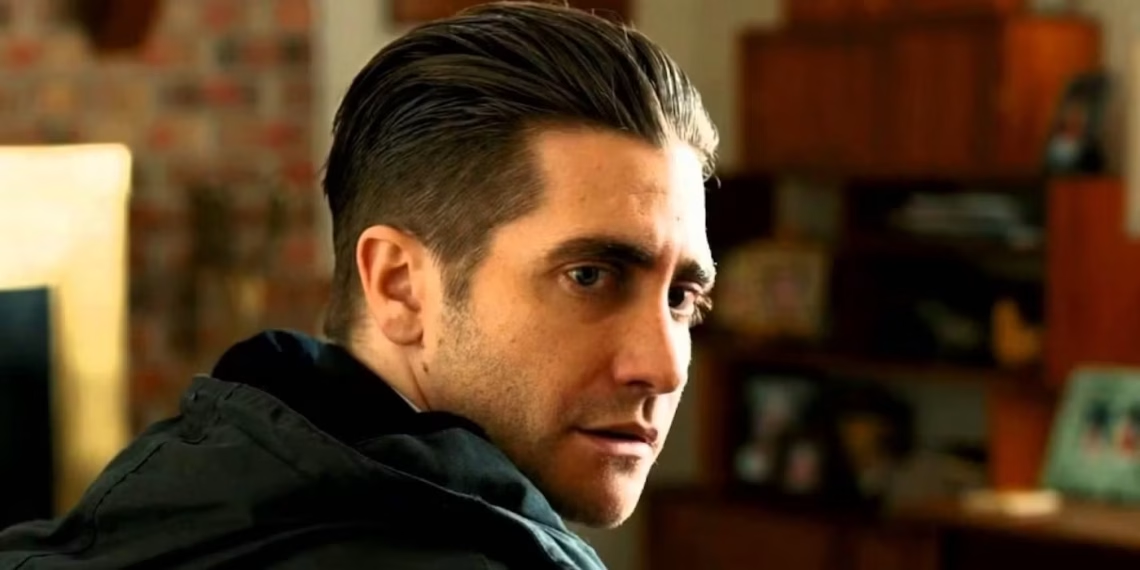Denis Villeneuve’s Prisoners is a haunting crime thriller that delights audiences with its tense plot and morally complex characters. Although Villeneuve is widely known for his high-concept science fiction films such as Blade Runner 2049 and Dune, Prisoners stands apart as a more grounded yet equally disturbing exploration of human nature. The film blends suspense with deep philosophical questions, exploring themes of justice, morality, and the personal cost of vengeance.
Prisoners Ending Explained
The film’s chilling narrative revolves around the abduction of two young girls and the lengths to which their families go to find them. Hugh Jackman plays Keller Dover, a desperate father who takes justice into his own hands, while Jake Gyllenhaal portrays Detective Loki, the police officer trying to solve the case within the boundaries of the law. As the story unravels, viewers are drawn into a labyrinth of emotional and ethical dilemmas that challenge their assumptions about justice and morality.

The film reaches its conclusion after a series of intense and emotional moments. Franklin (Terrence Howard) and Nancy Birch’s daughter, Joy, are found alive, and Keller Dover (Jackman) questions her about his daughter, Anna. Joy reveals that she has been where Anna is now, prompting Keller to realize that the true kidnapper is Holly Jones (Melissa Leo). This discovery leads to a final confrontation, where Keller is taken hostage by Holly, who forces him to drug himself and reveals the twisted motives behind her abductions.
Holly, along with her late husband, has been abducting children from Christian families as part of a deeply personal revenge plot. She blames God for the death of her son to cancer and sees the abductions as a way of making other parents experience her pain. During the confrontation, Keller, trapped in a pit in Holly’s backyard, uses a flashlight to uncover a red whistle, the same whistle his daughter had mentioned before her disappearance.
Meanwhile, Detective Loki (Jake Gyllenhaal) is investigating the case, suspecting Alex Jones (Paul Dano), who was found in Keller’s makeshift prison. Loki eventually tracks Holly down and discovers her involvement. After a violent shootout, Loki is severely injured but manages to save Anna, who is later shown recovering with her mother. The investigation at Holly’s house leads to a haunting conclusion when Loki hears a faint whistle, suggesting that Keller may still be alive and trapped beneath the ground.
The True Identity of the Kidnapping Suspects
In Prisoners, two prime suspects, Alex and Bob Taylor (David Dastmalchian), seem to be connected to the kidnappings, but neither is guilty. Instead, both are victims of Holly’s twisted plan. Alex, whose real name is revealed to be Barry Miland, is mentally impaired due to years of captivity. His behavior is a result of the trauma he endured, and his difficulties answering Keller’s questions are not due to guilt but to his tortured past.
Loki, suspicious of Bob Taylor’s behavior, discovers that he, too, was a victim of Holly’s abductions. Taylor’s obsession with drawing mazes and his false confession to the kidnappings suggest that he was manipulated into believing he was guilty. His eventual suicide while in custody is seen as an escape from the horrors inflicted upon him by Holly, marking another tragic aspect of the film’s exploration of trauma.

Does Keller Dover Get Saved?
The ending of Prisoners is intentionally ambiguous, leaving viewers with a sense of uncertainty. The final moments show Detective Loki hearing the faint sound of a whistle, which Keller’s daughter had mentioned earlier. This clue leads Loki to believe that Keller might still be alive, trapped in the pit beneath Holly’s house. The open-ended nature of the ending forces viewers to speculate about Keller’s fate.
Though it’s possible that Loki follows the sound to rescue Keller, the film leaves the outcome unresolved. If Keller is saved, he will likely face the consequences of his actions, including his brutal treatment of Alex. The film’s final moments emphasize the moral complexity of Keller’s character and the potential repercussions of his vigilantism.
The Symbolic Meaning of Prisoners’ Title
The title Prisoners carries a deeper, symbolic meaning that extends beyond the literal captivity of the characters. While the film features characters who are physically imprisoned—such as Alex, Anna, Joy, and later Keller—the concept of imprisonment also applies to those who are mentally or emotionally trapped. The characters in Prisoners are prisoners of their own obsessions, fears, and desires for justice, which leads them to make choices that have profound consequences.
Keller Dover, in particular, is a prisoner of his desperation to find his daughter, and his willingness to go to any lengths to achieve that goal leads him down a dark path. Detective Loki, too, is a prisoner of his commitment to doing what is right within the confines of the law, even when that means compromising his own well-being. The characters’ inability to escape their personal demons becomes a central theme of the film, highlighting the moral complexities of justice and retribution.
Villeneuve draws a parallel between Dover and Loki, comparing their dynamic to a classic “cowboy vs. sheriff” scenario in an interview. Both characters believe they are acting for the greater good, but their methods and moral outlooks differ significantly. Dover’s actions are fueled by emotional rage and a desire for vengeance, while Loki’s approach is guided by a strict adherence to the law. Despite their differences, both are bound by a deep conviction that they are doing what is right, which ultimately makes them “prisoners” of their own values.

The film also explores the idea that Holly, the villain, sees her actions as justified due to her own personal tragedy. She believes that by abducting children, she is engaging in a “war against God,” driven by the loss of her own son. Holly’s belief in the righteousness of her actions makes her a prisoner of her grief and anger, just as the other characters are prisoners of their own sense of justice and morality.
Prisoners: A Profound Exploration of Law, Order, and Morality
Prisoners is not just a suspenseful thriller; it is a deeply philosophical examination of human nature, morality, and the cost of justice. The characters in the film are all bound by their own beliefs, obsessions, and traumas, which lead them to make choices that ultimately imprison them in one way or another. The film’s title serves as a powerful metaphor for the emotional, psychological, and moral imprisonment that defines the characters’ lives.
Villeneuve’s direction, combined with the strong performances from Hugh Jackman, Jake Gyllenhaal, and the supporting cast, creates a gripping narrative that leaves viewers questioning the true nature of justice. The film’s open-ended conclusion invites contemplation, forcing the audience to consider whether the pursuit of justice and vengeance can ever be truly fulfilling or if it only leads to further suffering and imprisonment.
As Prisoners continues to resonate with audiences, its exploration of the complexities of justice, revenge, and moral responsibility remains as relevant today as when it was first released. The film’s haunting imagery, emotional depth, and philosophical undertones make it a cinematic experience that lingers long after the credits roll.





